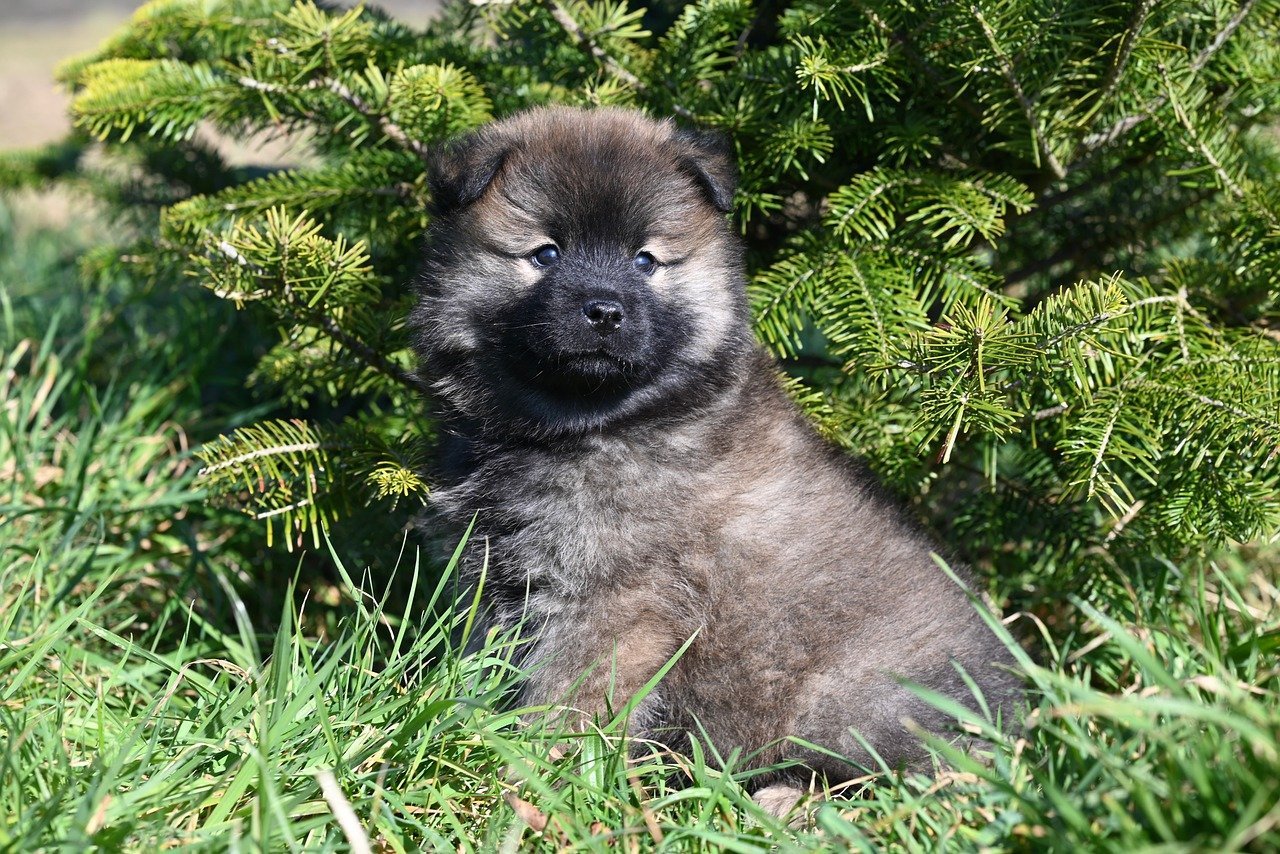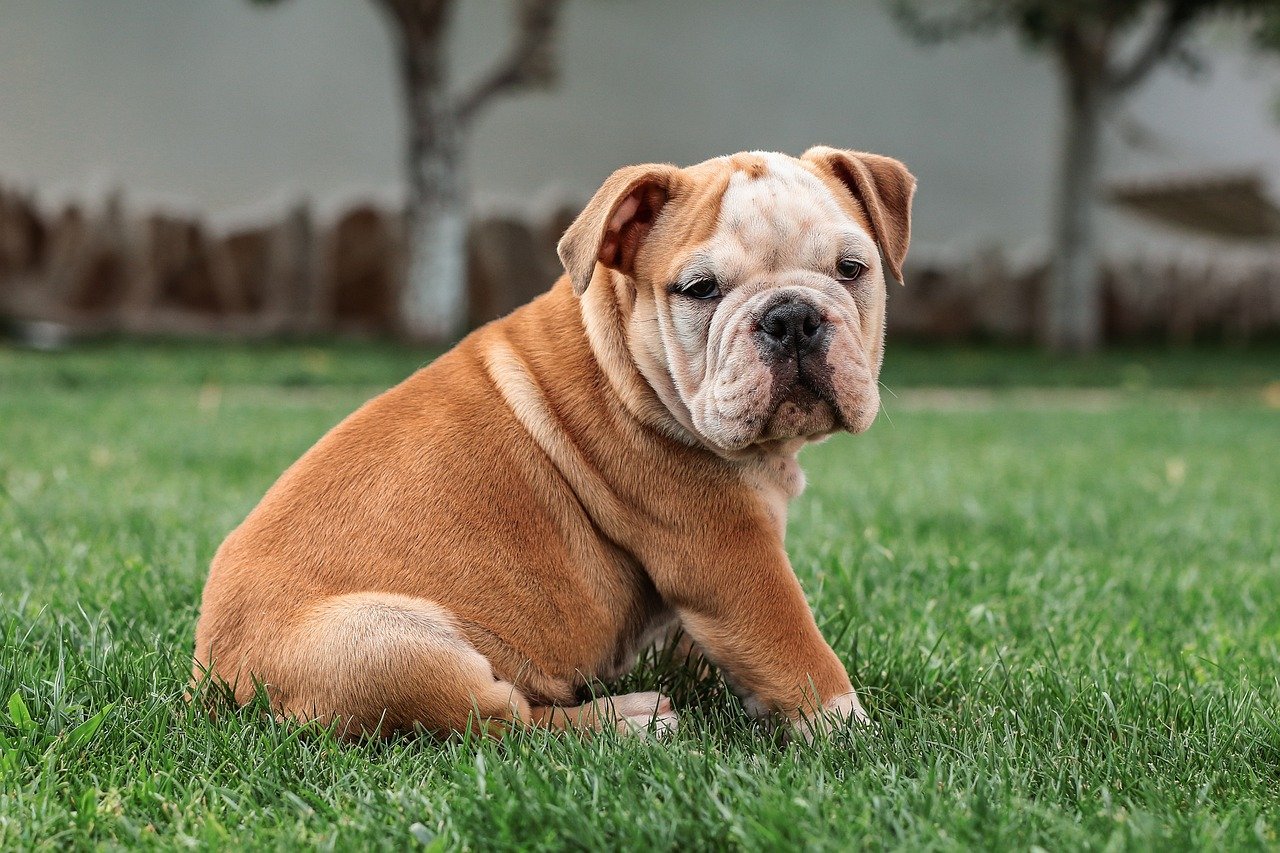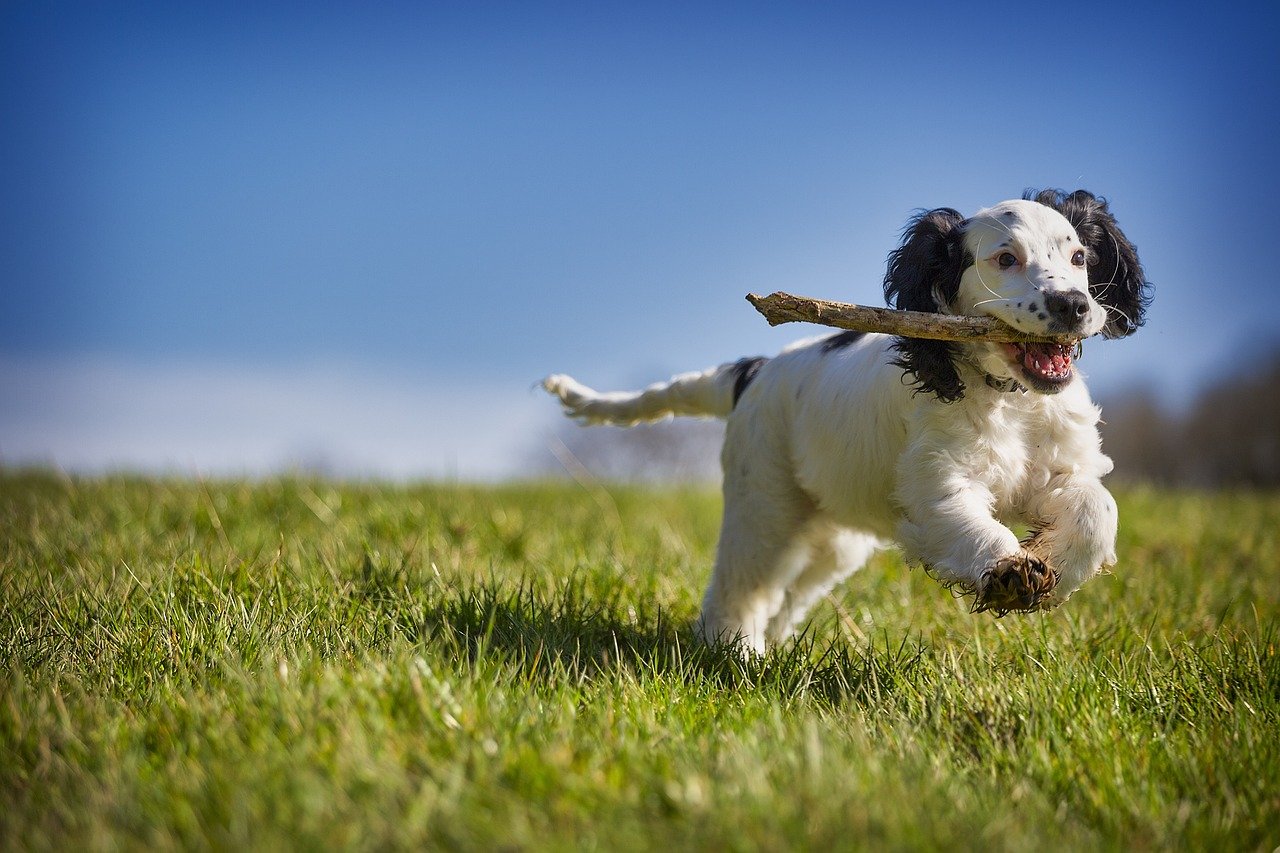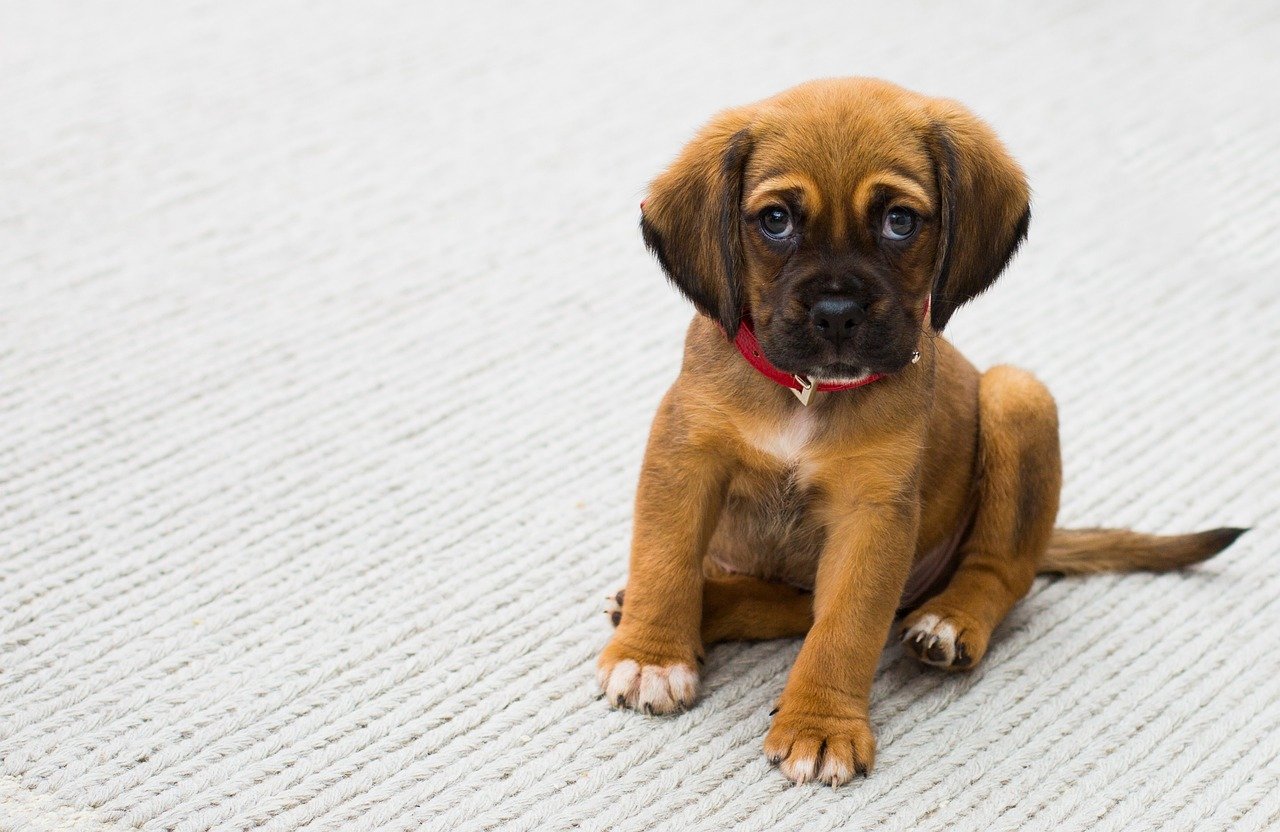Have you ever looked into those big, innocent puppy eyes and thought, “How hard can it be to train a dog?” If only it were that simple! New puppy owners often find themselves overwhelmed, frustrated, or even heartbroken when their adorable ball of fluff turns into a mischief-making whirlwind. The truth is, puppy training is a journey filled with ups, downs, and plenty of surprises. Some mistakes are so common that nearly every dog owner makes them at least once—yet the good news is, they can always be fixed! Let’s dive deep into the 15 most frequent puppy training mistakes and discover how you can turn those blunders into bonding moments with your furry best friend.
Skipping Socialization
Bringing home a new puppy is pure joy—tiny paws, wiggly tails, and endless cuddles. But between the cuteness and chaos, there’s also a steep learning curve, especially when it comes to training. Even the most well-meaning new dog owners can make common mistakes that lead to confusion, frustration, or unwanted behaviors down the road. The good news? Most training missteps are easy to fix once you know what to look for.
Many new dog owners underestimate the importance of early socialization. Puppies need to meet people, other dogs, and experience different environments while they’re young. Missing this window can create fear or aggression later in life. Imagine raising a child in a room with no windows—eventually, the outside world would seem terrifying! To fix this, gently introduce your puppy to various sights, sounds, and smells in a positive way. Socialization classes, playdates, and short walks in busy parks can work wonders. Always supervise these interactions and keep them upbeat. With patience and encouragement, your puppy will grow up confident and friendly.
Inconsistency in Training
It’s easy to send mixed messages to your puppy without realizing it. Maybe you let your dog jump on you one day, but scold them for the same thing the next. This inconsistency confuses puppies, making it harder for them to understand what you want. To avoid this, decide on clear rules and stick to them—every time, with everyone in the household. Use the same commands and reward good behavior promptly. Think of it like teaching a child: if you sometimes allow cookies before dinner and sometimes don’t, they’ll never know what’s expected. Consistency is the secret ingredient to a well-trained pup.
Using Punishment Instead of Positive Reinforcement
Some new owners resort to scolding, yelling, or even physical punishment when their puppy misbehaves. This approach can damage your bond and create fear, not understanding. Instead, focus on positive reinforcement—rewarding good behaviors with treats, praise, or playtime. When mistakes happen, calmly redirect your puppy to a better behavior and reward them when they get it right. Imagine learning to ride a bike: encouragement and support help you try again, while criticism makes you want to quit. Puppies are no different—they thrive on love and encouragement.
Neglecting Crate Training

Crate training is often misunderstood or skipped altogether. Some people see crates as cages, but for puppies, they can be safe havens. Skipping crate training can make housebreaking and preventing destructive behavior much harder. Introduce the crate slowly, making it a cozy and positive space with soft bedding and favorite toys. Never use it as punishment. Crate training helps with potty training, keeps your puppy safe when unsupervised, and gives them a place to relax. When done right, your puppy will see their crate as their own little sanctuary.
Waiting Too Long to Start Training
Many owners believe puppies are too young to learn, so they delay training until the dog is older. This is a big mistake! Puppies start learning from the moment they arrive home. Delaying training allows bad habits to form, making them harder to break later. Start with simple commands like “sit,” “stay,” and “come” as soon as your puppy settles in. Keep sessions short, fun, and packed with treats and praise. Early training helps set expectations and builds a strong foundation for future learning.
Overlooking the Importance of Routine

Puppies flourish with structure and predictability. Not establishing a consistent routine for feeding, potty breaks, playtime, and sleeping can leave your puppy anxious or confused. Imagine starting a new job where every day is different—you’d never know what to expect! Set regular times for meals, walks, and training. Stick to these as much as possible, especially in the early weeks. Routines help puppies feel safe and secure, making training smoother and faster.
Not Supervising Closely Enough
It’s tempting to let your puppy roam the house unsupervised, but this often leads to chewed shoes and potty accidents. Puppies are naturally curious and can get into trouble quickly. Close supervision allows you to catch unwanted behaviors early and redirect them. Use baby gates or keep your puppy in the same room as you. If you can’t watch them, a crate or puppy pen is a great backup. Think of supervision as your puppy’s safety net, helping them make the right choices and stay out of harm’s way.
Expecting Too Much, Too Soon
Puppy training is a marathon, not a sprint. Some owners hope their puppy will master commands overnight, leading to impatience and disappointment. Puppies have short attention spans and need time to learn and grow. Celebrate small victories and keep your expectations realistic. If your puppy forgets a command or makes a mistake, remember they’re still learning. Consistent, gentle guidance helps your puppy progress at their own pace and keeps training enjoyable for both of you.
Inadequate Exercise and Play

A bored puppy is a mischievous puppy! Skipping walks, playtime, or interactive games can result in pent-up energy, leading to chewing, barking, or other unwanted behaviors. Puppies need plenty of physical and mental stimulation. Regular walks, fetch games, and puzzle toys keep them engaged and happy. A tired puppy is usually a well-behaved one. Make playtime a daily habit and enjoy bonding with your furry companion while burning off their boundless energy.
Feeding Table Scraps
Those puppy eyes are hard to resist at the dinner table, but feeding scraps can encourage begging and lead to health problems. Human food is often too rich for dogs and can upset their stomachs. Instead, stick to high-quality puppy food and healthy treats designed for dogs. If you want to reward your puppy, use their regular kibble or special dog treats during training. Teaching your puppy not to expect food from the table sets a good precedent and keeps them healthier in the long run.
Ignoring Bad Behaviors

It’s easy to laugh off a naughty puppy biting your shoelaces or jumping on guests because “they’re just a baby.” However, ignoring these behaviors only allows them to become habits. Address unwanted actions right away by calmly redirecting your puppy to an appropriate behavior and rewarding them for following through. For example, if they chew on shoes, offer them a chew toy instead. Puppies learn best with immediate feedback, so don’t let those “cute” moments turn into lifelong bad habits.
Not Practicing Recall Enough
A reliable recall (“come” command) is one of the most important skills your puppy can learn, yet it’s often neglected. Some owners only practice in the backyard or when it’s convenient, which isn’t enough. Practice recall in different environments and with distractions so your puppy learns to come to you no matter what’s happening. Use happy voices, treats, and lots of praise. A strong recall can save your dog’s life if they ever get loose, so make it a top training priority.
Overusing Treats

Treats are powerful motivators, but relying on them too much can backfire. Puppies might only obey when they see a treat, or can develop unhealthy eating habits. Instead, gradually phase out treats and replace them with verbal praise, petting, or play as your puppy masters each command. Use treats to teach new behaviors, but don’t let them become a crutch. Your puppy should respond to your voice and affection just as eagerly as to food.
Failing to Address Fear or Anxiety
Puppies can develop fears or anxieties about new situations, loud noises, or being left alone. Ignoring these signs can make the problem worse, leading to behavioral issues like separation anxiety or aggression. If your puppy seems scared, don’t force them into scary situations. Instead, use gentle exposure and positive reinforcement to build their confidence. Comfort your puppy when they’re anxious, but also help them learn that new experiences can be safe and even fun. Addressing fears early sets your puppy up for a happier, more balanced life.
Not Seeking Professional Help When Needed
Some training challenges are too tough to tackle alone, and that’s okay. New dog owners sometimes wait too long to get help, hoping problems will resolve themselves. If your puppy shows signs of aggression, severe fear, or persistent bad habits, reach out to a professional trainer or behaviorist. Early intervention can prevent minor issues from becoming major ones. Don’t be afraid to ask for help—sometimes, a little expert guidance is all it takes to get you and your puppy back on track.

Linnea is a born and bred Swede but spends as much time as possible in Cape Town, South Africa. This is mainly due to Cape Town’s extraordinary scenery, wildlife, and atmosphere (in other words, because Cape Town is heaven on earth.) That being said, Sweden’s majestic forests forever hold a special place in her heart. Linnea spends as much time as she can close to the ocean collecting sea shells or in the park admiring puppies.






